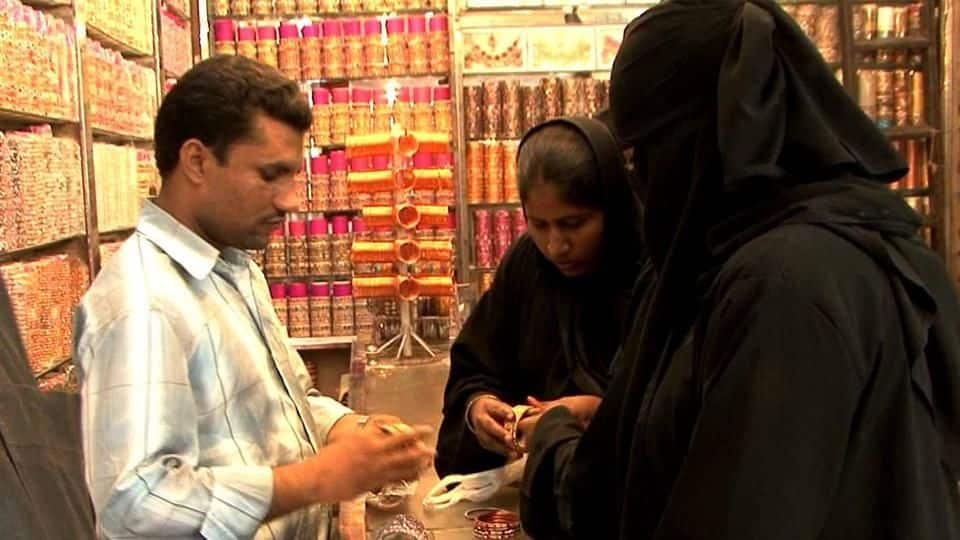
New fatwa against women taking shopkeepers' help to wear bangles
What's the story
If Muslims were to follow every fatwa issued by the Darul Uloom Deoband, India's largest seminary, they wouldn't be able to buy life insurance, post selfies on social media, or marry bank employees. For women, there are restrictions on cutting hair, wearing makeup and other activities that might potentially attract men. The latest fatwa instructs women not to try on bangles from male shopkeepers.
Details
Women can bring back bangles and try themselves: Darul Uloom
According to the Deoband, it is "wrong and a big sin" when a woman lets a strange man touch her arms while trying on bangles. They can instead bring the bangles back with them and try them on themselves. Many Muslim scholars have supported the move, reports claim, saying women aren't allowed to talk or meet strangers, according to the Sharia.
Definition
What exactly is a fatwa?
Fatwas are non-binding informal verdicts issued by a qualified Islamic cleric. A fatwa may be issued in response to an incident, while in religion, it refers to an answer to a question from an Islamic point of view and carries more weight than the former.
Others
It's not just the Deoband that issues bizarre fatwas
The fatwas on life insurance and marrying bank employees were based on the fact that Islam views earning of interest as "haraam." But there have been many bizarre fatwas by other bodies too. The Shahi Imam of Tipu Sultan Masjid, Syed Md Nurur Rahman Barkati, issued a fatwa against Muslims who support RSS-BJP. The Islami Markazi Majlis-e-Shoura banned music at Muslim weddings.
Do you know?
Can such fatwas be issued at all?
Under the Usul-al-fiq (legal principles), a fatwa has to be supported by legal principles mentioned in the Quran or prescriptions from Prophet Mohammad. It is further expected to be suited to the needs of the contemporary world and free from politics and individual opportunism.